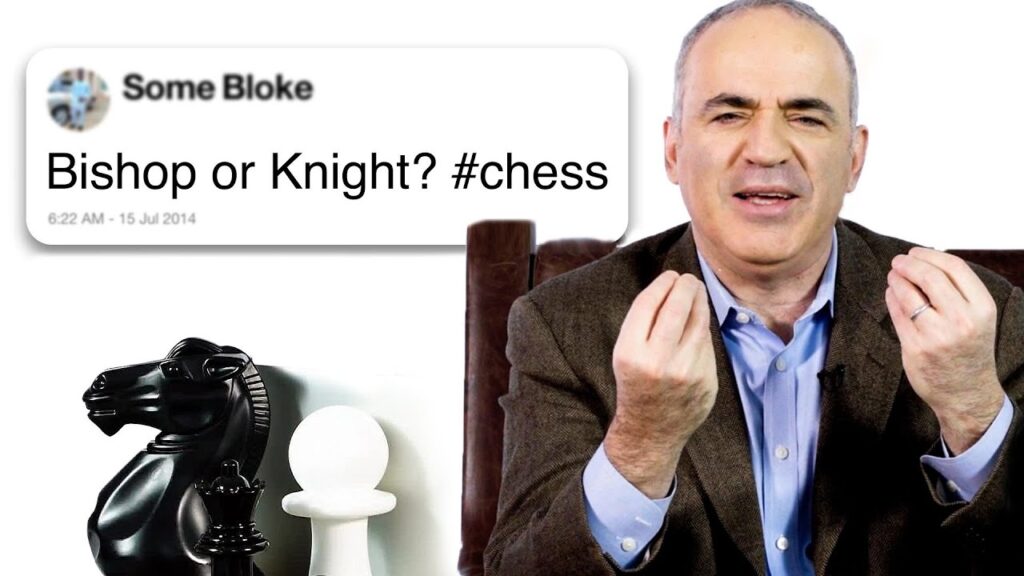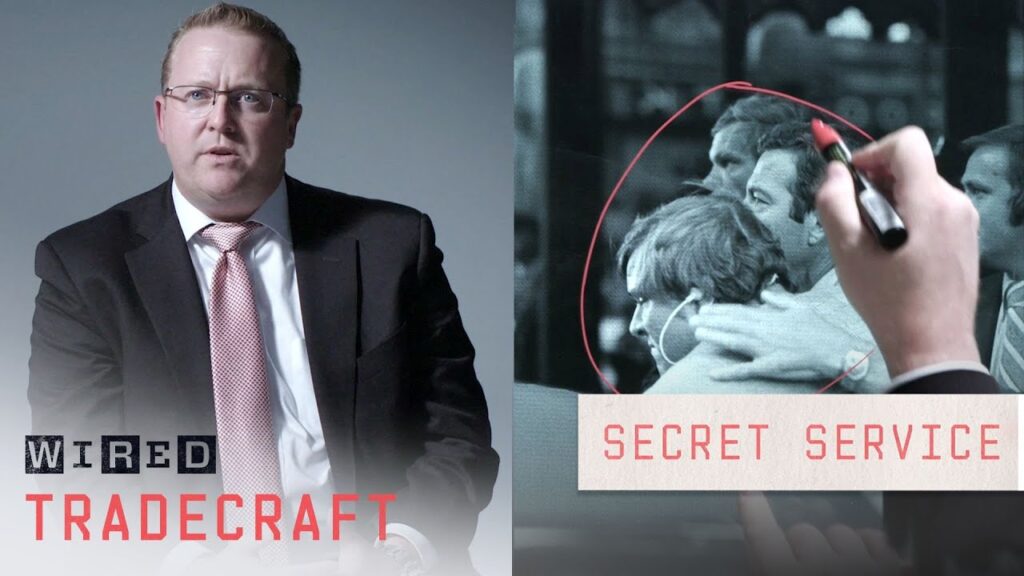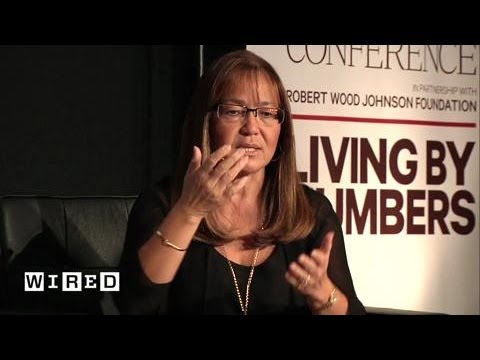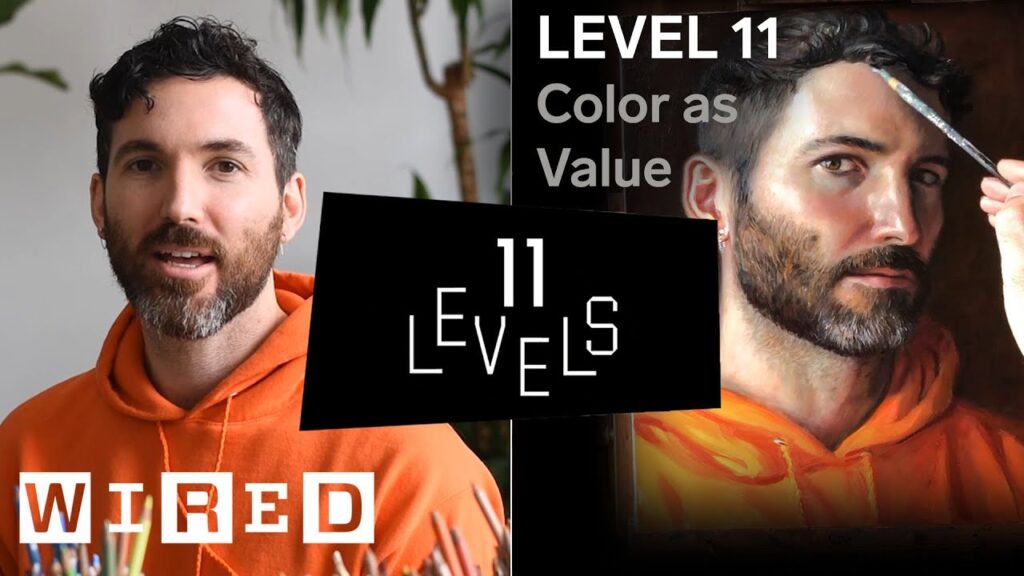The Ultimate Dungeon Master: An Interview with Robert Wardof
Summary
Robert Wardof is a history professor at the University of Western Ontario and also a game master for a 40-year-old Dungeons & Dragons campaign that has grown to include dozens of devoted players. His dedication to the game is unwavering, and he has made every major decision in his life to keep the game going. In this Q&A article, we sit down with Robert to discuss his love for the game, his approach to game mastering, and his incredible collection of hand-painted figurines and custom-made terrain.
Table of Contents:
- Robert’s journey to becoming a game master
- Unique aspects of Robert’s Dungeons & Dragons campaign
- The role of emotion and consequence in Robert’s game
- The importance of community in tabletop gaming
- Robert’s collection of figurines and terrain
- Advice for new game masters
- Conclusion
Robert’s journey to becoming a game master
What inspired you to become a game master for Dungeons & Dragons?
I’ve been a fan of fantasy and science fiction all my life. When I was in high school, I discovered Dungeons & Dragons and played it with some friends. I became really invested in it, and when we all went our separate ways after graduation, I was the one who kept playing. I eventually became the game master for my own campaign, and I’ve been running it ever since.
What has been the biggest challenge you’ve faced as a game master?
One of the biggest challenges is keeping the game fresh and interesting after all these years. I’m constantly coming up with new story arcs, quests, and characters to keep my players engaged. It takes a lot of work, but it’s worth it to see the players get invested in the game.
Unique aspects of Robert’s Dungeons & Dragons campaign
Can you describe your campaign setting and any unique aspects of your game?
My campaign is set in an alternative fantasy version of historical Earth, with a focus on medieval Europe. The world is full of subplots, side quests, and complex characters that all tie together into the overarching story of the campaign. I’ve also created my own set of homebrew rules for the game, which allows me to tailor the game mechanics to fit the story.
How do you incorporate the players’ choices into the larger story of the campaign?
I try to make sure that the players’ choices have real consequences in the game. If they make a decision that leads to disaster, they have to deal with the fallout. This makes the game more challenging and exciting, and it keeps the players invested in their characters and the story.
The role of emotion and consequence in Robert’s game
How important is emotion and consequence in your game?
Emotion and consequence are key to making the game feel real and meaningful. If players don’t feel invested in their characters’ successes and failures, then the game becomes just another exercise in rolling dice. By having real consequences for their actions, players become more invested in the game and their characters.
How do you handle character death in your game?
When a character dies, it’s usually a very emotional moment for the player. I try to make sure that the death has a real impact on the story and the remaining characters. It’s not just a reset button; it’s a chance for the other characters to reflect on their own mortality and the danger of the world they’re living in.
The importance of community in tabletop gaming
What role does community play in tabletop gaming?
Community is everything in tabletop gaming. It’s about bringing people together to share a creative experience and build lasting friendships. Gaming is a social activity, and it’s important to have a group of people who can support each other, both in and out of the game.
How has the community aspect of gaming impacted your life?
The community aspect of gaming has been incredibly important to me. I’ve made lifelong friends through gaming, and it’s been a great way to connect with people who share similar interests. It’s also been a way to escape from the stresses of everyday life and enter a creative space where I can be myself and enjoy the company of others.
Robert’s collection of figurines and terrain
Can you tell us about your collection of hand-painted figurines and custom-made terrain?
I have around 30,000 hand-painted figurines and countless custom-made pieces of terrain. My entire basement is dedicated to my gaming area, and I spend countless hours painting figurines and creating new terrain pieces. It’s a labor of love, and it allows me to create a more immersive gaming experience for my players.
How does your collection impact the game itself?
The collection allows me to bring the game to life in a way that wouldn’t be possible otherwise. It helps the players visualize the world and their characters, and it adds a level of detail that can make the game more engaging. It also makes for some great photos!
Advice for new game masters
What advice would you give to someone who wants to become a game master for Dungeons & Dragons?
My biggest piece of advice is to be patient and persistent. Game mastering takes a lot of work, and it can be frustrating at times. But if you stick with it and put in the effort, you’ll create a game that’s truly memorable for your players. Also, don’t be afraid to make mistakes; it’s all part of the learning process.
What resources would you recommend for new game masters?
There are so many great resources out there for game masters, from rulebooks to online forums. I would recommend starting with the core rulebooks for Dungeons & Dragons and going from there. There are also some great YouTube channels and podcasts that offer tips and advice for game mastering. And of course, don’t be afraid to reach out to other game masters for advice and support.
Conclusion
In conclusion, Robert Wardof is a true master of his craft when it comes to game mastering for Dungeons & Dragons. His dedication to creating an immersive and emotionally impactful experience for his players is truly inspiring. Through his collection of hand-painted figurines, custom-made terrain, and homebrew rules, he has created a world that his players are deeply invested in. For Robert, the game represents community, friendship, and a plan to keep his friends together for as long as possible.







